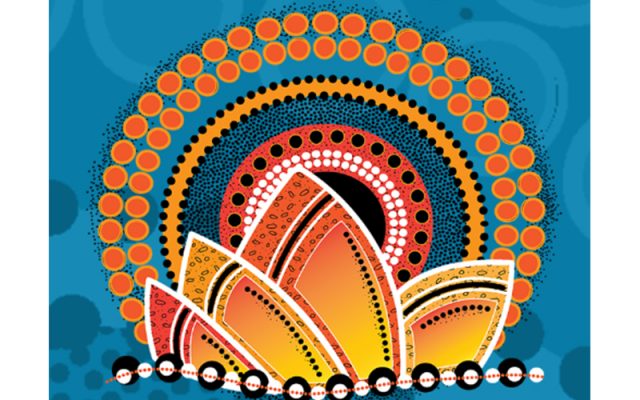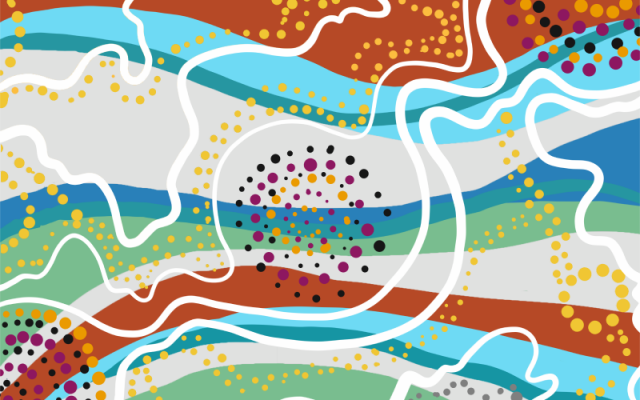
Bringing evidence together with Stolen Generation survivors’ voices for an Award-Winning Practice Framework
ARTD and Kinchela Boys Home Aboriginal Corporation (KBHAC) have received the Australian Evaluation Society’s Awards for Excellence in Evaluation in the Enhancing the Social Good category for their work together on KBHAC’s Practice Framework.
The Enhancing Social Good Award recognises exemplary evaluation work that has substantially enhanced the social good and is particularly focused on work which both recognises and helps to redress inequalities in society.
Established in 2003 by the survivors of Kinchela Boys Home, KBHAC encourages healthy peer support models and supports sustainable healing programs that address the legacy of physical, sexual, psychological and cultural abuse experienced by Stolen Generation survivors of the home as well as the intergenerational trauma experienced by their descendants.
The award-winning KBHAC Practice Framework brings together a peer-reviewed evidence base around survivor-led models, collective healing and trauma-informed healing practice with the voices of survivors and descendants of the Stolen Generations. It aims to guide both staff in their service delivery, as well as survivors on their healing journey, is a stage-by-stage guide that breaks down the typical experiences of service-users and the required competencies of KBHAC workers. It is a user-friendly and visual tool, incorporating artwork developed by Ngarbal/Gomeroi man and artist Jeremy Worral.
To develop the Framework, ARTD facilitated workshops with key staff and one of the KBHAC Uncles. The workshops used an interactive empathy-mapping exercise designed to encourage the workshop attendees to walk in the shoes of service-users and co-design practices to respond to, empathise and understand their experience.
ARTD’s team, led by Director of Aboriginal Partnership and Projects, Simon Jordan, have brought evaluative thinking and approaches to our evidence building partnership with KBHAC, informed by our knowledge of empowerment and developmental evaluation theory and Aboriginal-led co-design practice.
“We’ve loved being involved in developing this Practice Framework. We’ve used language that is easy to understand. It’s our way of speaking,” said Wongaibon man, and Kinchela Boys Home survivor, James Michael Widdy Welsh, on accepting the award. “We’ll keep using this Practice Framework to describe what we need to happen in order to help heal our pain… and to heal the country that is mourning for its kidnapped children. We are working to make sure that my brothers and sisters who were kidnapped from their parents have connections to the lands and the communities from where we were stolen.”
“This award is for Enhancing the Social Good. For KBHAC this means that we can learn from the wisdom of survivors who won’t be around one day and as evaluators, we have a duty to capture this wisdom so that descendants and other survivor organisations have a guide to how to best address intergenerational trauma,” said KBHAC CEO Dr Tiffany McComsey.
ARTD and KBHAC have also just signed a partnership agreement, outlining our commitment to cultural respect and trauma informed approaches towards healing the multigenerational effects of trauma. We look forward to growing our work together and to opportunities to learn from each other through Aboriginal-led co-design and iterative project development.
We hope that this award for this project helps to continue to raise awareness and understanding of and support for Aboriginal-led co-design and evaluation approaches based in strong partnerships and commitment to self-determination.
You can view the Practice Framework here.
Congratulations to all the other AES award winners, we commend them on their outstanding work!




